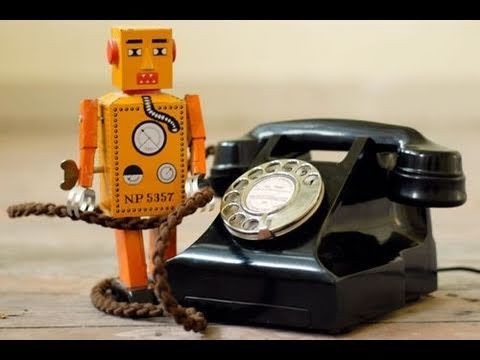The Federal Communication Commission (FCC) recently made a strong statement in its ruling that customers can ask their telecom carriers to block robocalls and spam text messages received by their landlines and cellphones. The new FCC proposal, which passed by a slim majority 3-2 vote, makes it legal to stop automated calls and spam texts before the customer gets them.
Phone companies often inform their customers that they cannot take action to stop robocalls. The reason given is that they must connect all calls.
Those days are over. Due to the new FCC rule they cannot give that reason to avoid protecting their customers from robo calls or text message spam.
It is a complicated situation. The FCC has ruled that the telecom companies were not responsible for the machine-made calls, yet they are also required to meet their customers' needs.
Today's global network is quickly becoming defined by automated and wireless connections. This makes robocall blocking more difficult.
However, the FCC is taking major steps to do that. Its ruling stated that telephone companies face "no legal barriers" letting their customers choose robocall-blocking tech, according to Inland News Today.
Jonathan Banks, a US Telecom Vice President, responded to the FCC ruling to block robocalls. He said that his company will work together with the FCC, tech providers, and law enforcement to end "illegal robocalls," according to The Next Digit.
In 2013 the Federal Trade Commission (FTC) received so many complaints about the automated calls that it launched the $50,000 Robocall Challenge. It then introduced digital tools that could be downloaded and installed on smartphones and tablets, in order to block unwanted calls.
By detecting a caller ID, owners of digital gadgets such as cellphones can stop robocalls before they are sent. Various third party apps are available.
The FCC reported that over 215,000 official complaints were received in 2104 about spam calls. It was the biggest category.
FCC chairman Tom Wheeler supported the new rule. He asked telcos to let their customers make requests to the phone companies to block robocalls.



























